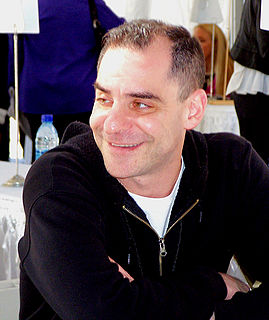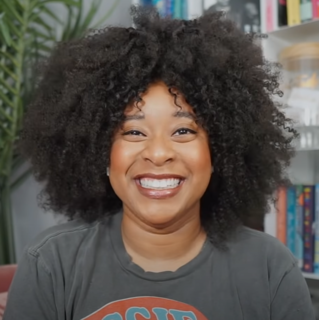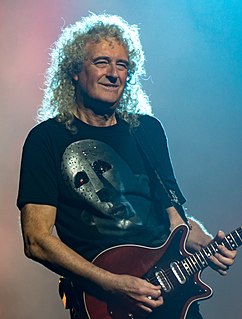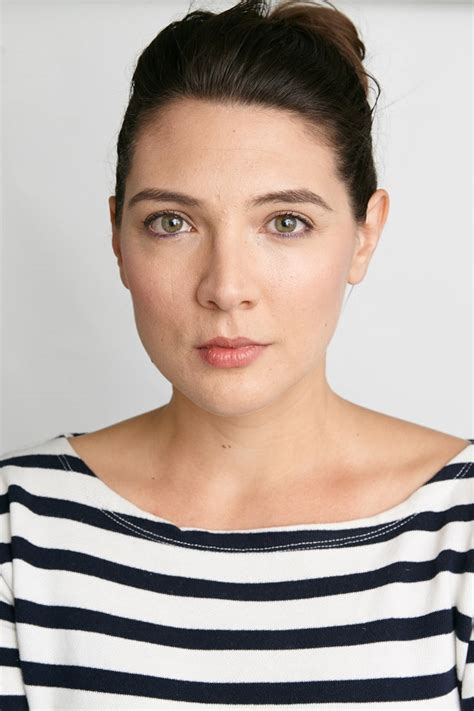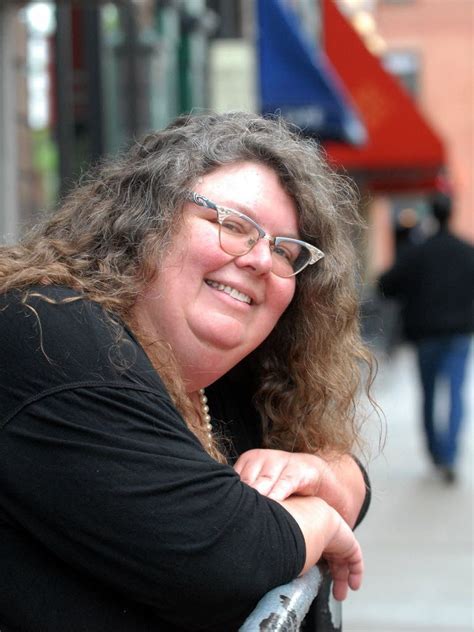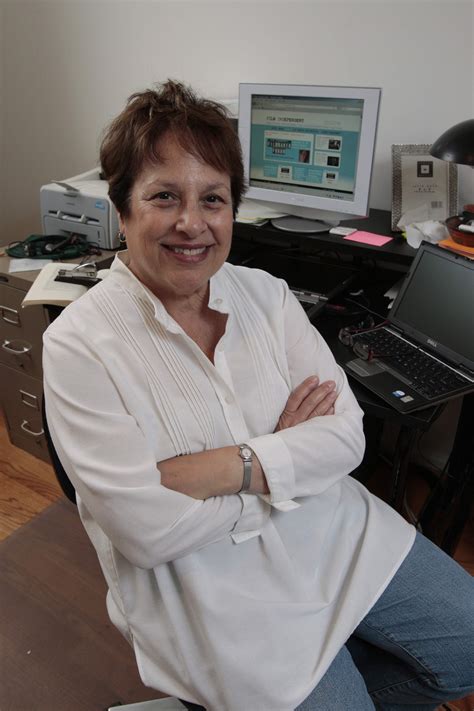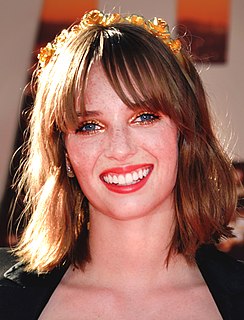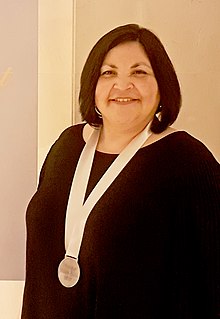Top 1200 Personal Essays Quotes & Sayings
Explore popular Personal Essays quotes.
Last updated on April 21, 2025.
The interesting thing about that is one of the greatest critics of socialism and leftwing writings was Robert Michels who wrote a series of essays called "The Iron Law of Oligarchy" and in these essays he discusses how no matter what sorts of freedoms are advertised or put into a society structure, that all societies, all form of governments - whether they be a Roman republic, whether they be a democracy, whether they be a Russian communist system, whatever, a tribe... a tribal council - all of the continuously, throughout the ages, have all converted back into an oligarchy.
I was at Sussex University studying English lit and philosophy, I had two essays due in and three seminars that day, and at the same time I was messaging my manager because I'd just started to put together the pieces of like, 'Wow. I really don't want to be doing any essays anymore. Why don't I just give this music thing a go?'
I think those women who get themselves to write essays, it's not an easy thing to do because as women, you're not encouraged to think; you're encouraged to feel. This is a broad, broad statement. So I think those women who go out on a limb and publish essays are highly conscious of how they are writing their opinions.
I've been writing for a long time, since the late '60s. But it hasn't been in the same form. I used to write scripts for television. I wrote for my comedy act. Then I wrote screenplays, and then I started writing New Yorker essays, and then I started writing plays. I didn't start writing prose, really, until the New Yorker essays, but they were comic. I didn't start writing prose, really, until the '90s. In my head, there was a link between everything. One thing led to another.
My presence isn't simply about "character" - I'm present in every part and particle of the thing, in the sound and rhythm of the sentences, in the shifting tones and the selection of details, in the comedy, the sadness, and the confusion. For the space of an essay, I'm the air you breathe, everywhere and nowhere. With a personal essay, I don't think you'd want it any other way. You ought to have the sense of an encounter, the impression of having met someone. In my essays, for better or worse, that someone is me.
I have written some poetry and two prose books about baseball, but if I had been a rich man, I probably would not have written many of the magazine essays that I have had to do. But, needing to write magazine essays to support myself, I looked to things that I cared about and wanted to write about, and certainly baseball was one of them.
I feel that I'm an essayist and that my best work gets done in that form. I wanted to do a book where the essays could exist on their own terms. A book that was neither a book of essays that were shoehorned into a memoir, nor [one where] the essays had been published elsewhere first, [because] then they would kind of bear the marks of those publications.
I picked such seemingly disparate essays, I thought it was important to say what was the guiding principle in the selection rather than focus on any one essay. I reached for some principle that had been subconscious in me and lifted it into consciousness. Authenticity and sincerity were the most important unifying principles of all these apparently different essays.
For years following the death of my mother, I wanted to write about her. I started writing what I thought of as personal essays about growing up as her child, but I never could finish any of them. I think I was too close to that loss, and too eager to try and resolve things, to make her death make sense.
Each of the essays in this volume ranges widely across technical and philosophical domains. They examine both familiar automatons from throughout history and delight us with yet more that will likely be unfamiliar to most readers. But the real treat of the essays is how they will make Artificial Life researchers squirm as they recognize their own intellectual sleights of hand exposed for all to see. Those researchers and the Genesis Redux contributors are all ultimately interested in what it is that truly distinguishes us beings from other lumps of matter.
In American Romances, her new book of essays, Rebecca Brown has a voice that is full of pop references, family stories, and the fruits of a lifetime of -- in her perfect phrase - extreme reading. The voice is a hoot, and it is dead serious. This is writing with exquisite control, fully up to the task Brown takes on of playing a fierce game of beach ball with deep problems of American (and personal) history and identity.
The process has now run full circle: Preaching originates in personal counseling; preaching is personal counseling on a group basis; personal counseling originates in preaching. Personal counseling imparts to the preacher a practical familiarity with human nature which he would not otherwise obtain.
The Restless Anthropologist is a rich, powerful, and compulsively readable collection of essays by anthropologists who look back at the multiple relationships between their serial fieldwork experiences and their lives. Illustrating the dense interweaving of the personal and the professional that is the hallmark of anthropology as a vocation, these essays are at once affectively deep reflections, and clear-eyed assessments, of lives often lived 'between here and there.' Alma Gottlieb's idea to stimulate these articles and bring together this collection was inspired.
Nowadays I imagine people find freer and more accepting venues in blogs, on Tumblr and Instagram and Facebook, in the riot of shouting that trails in the wake of every news story. So there's always the pandemonium of the Internet, if you need to get your lunatic opinions out in public. I find most of that stuff a little insane-making and my preference is to encounter personal essays in the relatively sedate and stable universe of print, in literary quarterlies, magazines and books. But I'm sure you can find plenty of good stuff in lonely outposts all across the World Wide Web.
A good many of my poems over the years have alluded to or taken on the political. Stevens has a line in one of his essays: "Reality exerts pressure on the imagination." Inevitably what is omnipresent in the culture exerts its pressure on our imaginations to respond to it, even if indirectly. But in this case the backdrop of 9/11, coincident with the breakup of a marriage, the finding of new love, some kind of personal cataclysm... all of those were forces informing the poems in some way.
I got to take classes in writing with a fountain pen, and actually, something you make is your own textbook. So, while you're learning about something, you have to write essays on it, and then you handwrite in cursive, in fountain pen, your essays out on beautiful paper and you bind it together into a book that you hand in at the end of the course.
The theme of the diary is always the personal, but it does not mean only a personal story: it means a personal relationship to all things and people. The personal, if it is deep enough, becomes universal, mythical, symbolic; I never generalize, intellectualise. I see, I hear, I feel. These are my primitive elements of discovery. Music, dance, poetry and painting are the channels for emotion. It is through them that experience penetrates our bloodstream.







